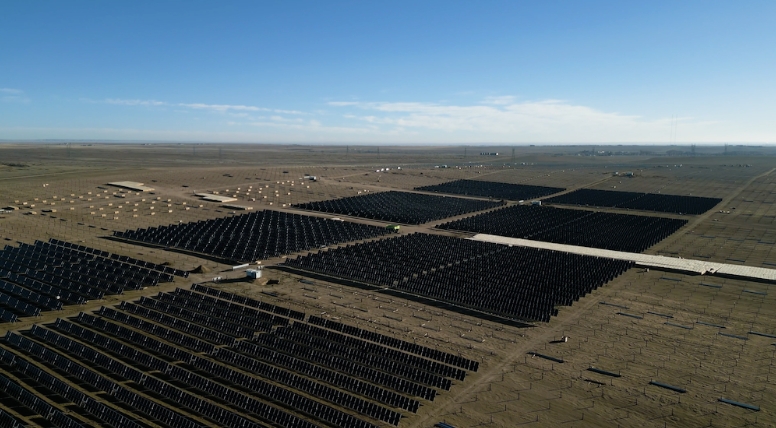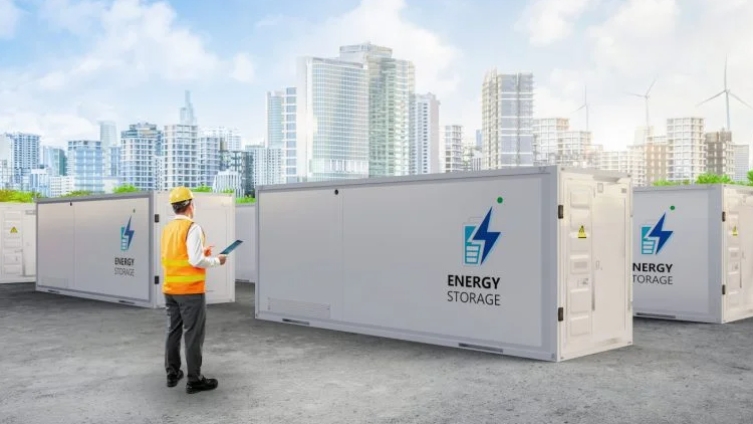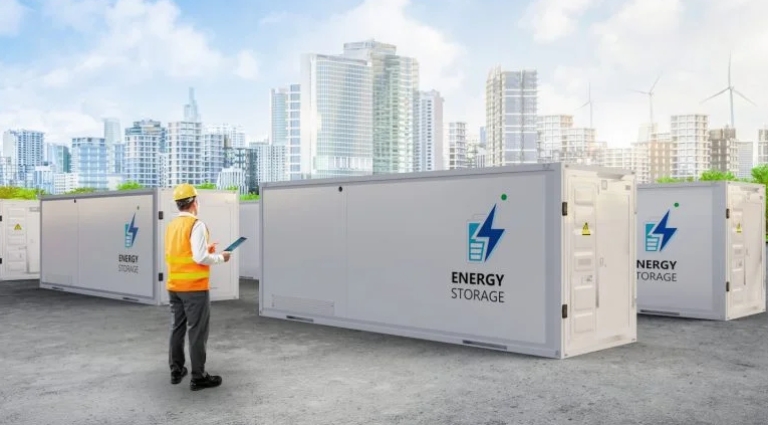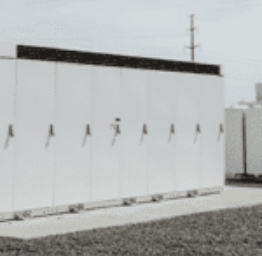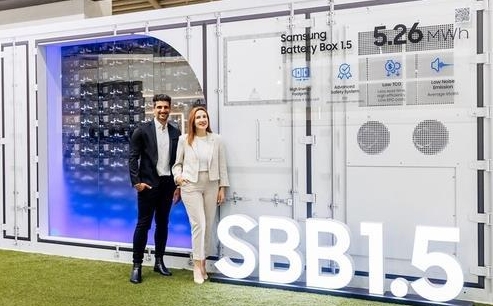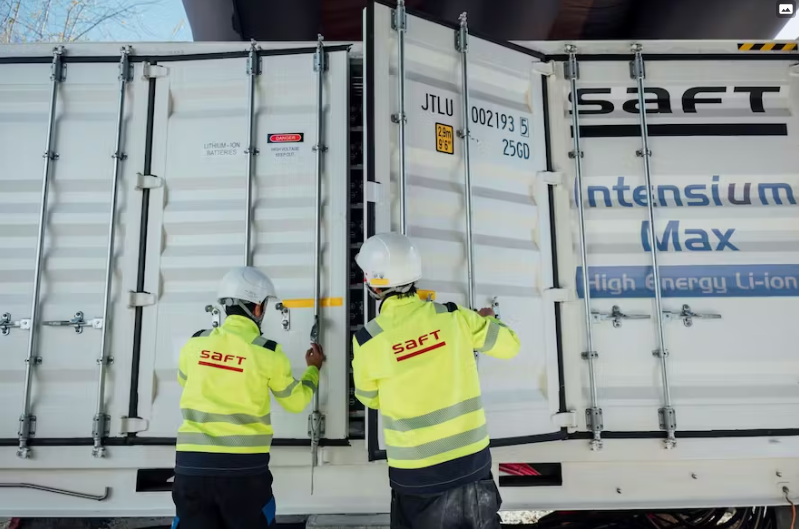
Energy storage provider Saft has delivered a battery system to replace diesel backup power generators at a Microsoft data center in Sweden.
Microsoft is aiming for diesel-free data centers company-wide by 2030. To that end, the tech giant is exploring energy resources from solar, battery storage, renewable natural gas and someday perhaps even small modular nuclear.
The backup power generators protect data centers from losing electricity during grid outages. Saft, which is a subsidiary of TotalEnergies, installed four battery energy storage systems each in groups of 4 MWh and capable of 80 minutes of on-site power.
The project includes eight Intensium Max 20 High Energy containers organized in the four groups, each with a 3-MW peak power rating.
“Finding alternatives to diesel backup is an important step towards our 2030 goal to become carbon negative,” said Eoin Doherty, general manager for the EMEA (Europe, Middle East and Africa) group within Microsoft Cloud Operations and Innovation. “It is integral to our 2050 goal to remove from the environment all the carbon that Microsoft has emitted since it was founded in 1975.”
Saft deployed the battery groups over 16 months in parallel with Microsoft’s data center architecture. TotalEnergies and Microsoft announced more than two years ago that they were partnering on mutual support toward decarbonization and digital transformation goals.
“TotalEnergies is proud to support Microsoft in its goal to reduce its emissions from data centers,” Cedric Duclos, Saft CEO, said in a statement. “The collaboration with Microsoft has allowed Saft to deliver this system, which shows the huge potential for battery energy storage to decarbonize the digital industry.”
Data center outages can be extremely costly – as much as $1 million for even limited disconnections – and the facilities use a tremendous amount of energy. A study by Canadian researchers found that the energy used for an hour’s worth of generator tests at an average data center is equal to a day’s worth of power at a 125-unit housing complex.
In pursuit of other decarbonization goals around its data centers, Microsoft recently listed a job posting for a high-level nuclear program manager to help develop projects where small modular reactors or microreactors could support artificial intelligence and cloud data centers in the future.
Last year, Texas-based microgrid developer Enchanted Rock announced it was working on a deal to supply renewable natural gas for a Microsoft data center in California.
Globally, data centers account for more than 1% of both energy consumption and greenhouse gas emissions by the electricity sector, according to the International Energy Agency.

